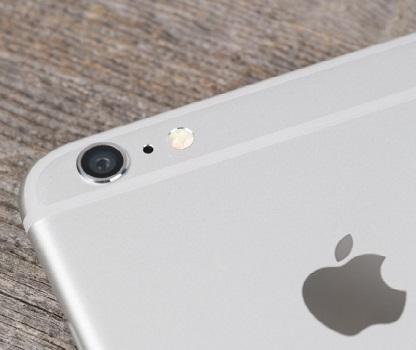Apple To Pay Ericsson iPhone, iPad Royalties
Ericsson and Apple called a truce to their ongoing patent-infringement claims and signed a global cross-licensing agreement that has Apple paying royalties on wireless devices.


10 Apple Slip-Ups That Bruised Its Reputation
10 Apple Slip-Ups That Bruised Its Reputation (Click image for larger view and slideshow.)
Ericsson and Apple have agreed on a global patent license that settles an almost year-long patent dispute between the two companies, according to an Ericsson news release on Monday.
As part of the seven-year agreement, Apple will make an initial payment to Ericsson and, thereafter, will pay ongoing royalties. The specific terms of the contract were kept confidential by the companies.
But investment bank ABG Sundal Collier said in a note to clients that it believed the deal meant Apple would be charged around .5% of its revenue on iPads and iPhones by Ericsson, according to a Reuters report.
The companies said that they will also collaborate in multiple technology areas, including the development of the next-generation 5G cellular standards, the optimization of existing wireless networks, and video traffic optimization.
The agreement includes a cross-license that covers patents relating to both companies' standard-essential patents (including the GSM, UMTS, and LTE cellular standards) and grants certain other patent rights that were not publicly disclosed.
Ericsson's intellectual property portfolios includes more than 35,000 granted patents worldwide and, to date, the company has signed more than 100 patent-licensing agreements with most of the major players in the industry, Ericsson has previously stated.
In addition, the agreement resolves all of the pending patent-infringement litigation between the two companies -- which is huge for Apple, legally. It ends investigations before the US International Trade Commission, as well as lawsuits pending in the US District Court for the Eastern District of Texas (which has been historically sympathetic to patent holders) and in the US District Court for the Northern District of California.
In February, Ericsson sued Apple, asserting that its 41 patents covered "many aspects of Apple's iPhones and iPads."
The patents included some "standard essential patents" related to the 2G and 4G/LTE standards, as well as other patents that Ericsson said were critical to the functionality of Apple devices. They included the design of semiconductor components, user interface software, location services and applications, and the iOS operating system.
[Read Apple's Court Win Over Samsung Still Leaves Questions.]
A month earlier, in January, Ericsson filed a suit in the Eastern District of Texas in order to receive an independent assessment regarding whether Ericsson's global licensing offer to Apple fell under the industry-standard fair, reasonable, and non-discriminatory (FRAND) licensing terms. FRAND is the tech industry's way of sharing underlying technology patents among competing companies.
Apple had a previous agreement with Ericsson for these kinds of patents that had expired in January. However, Ericsson said at the time that Apple refused to take a new license offered on FRAND terms, which led to Ericsson filing the infringement complaints.
The agreement announced Monday also settles international lawsuits pending in the UK, Germany, and the Netherlands.
"We are pleased with this new agreement with Apple, which clears the way for both companies to continue to focus on bringing new technology to the global market, and opens up for more joint business opportunities in the future," said Kasim Alfalahi, chief intellectual property officer at Ericsson said in the announcement.
Since Apple had previously licensed the Ericsson patents, it seems that this year-long dispute was all about money and terms. Now that there is another agreement in place, progress can be made on what will occur in the 5G arena.
**Elite 100 2016: DEADLINE EXTENDED TO JAN. 15, 2016** There's still time to be a part of the prestigious InformationWeek Elite 100! Submit your company's application by Jan. 15, 2016. You'll find instructions and a submission form here: InformationWeek's Elite 100 2016.
About the Author
You May Also Like






